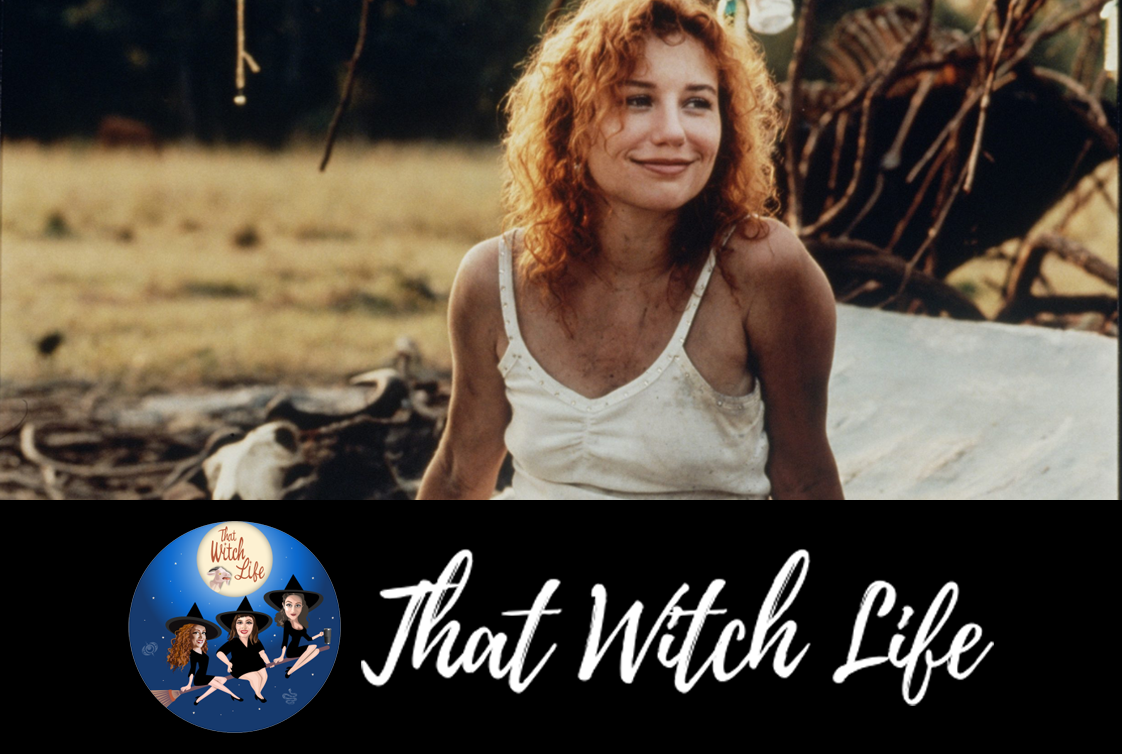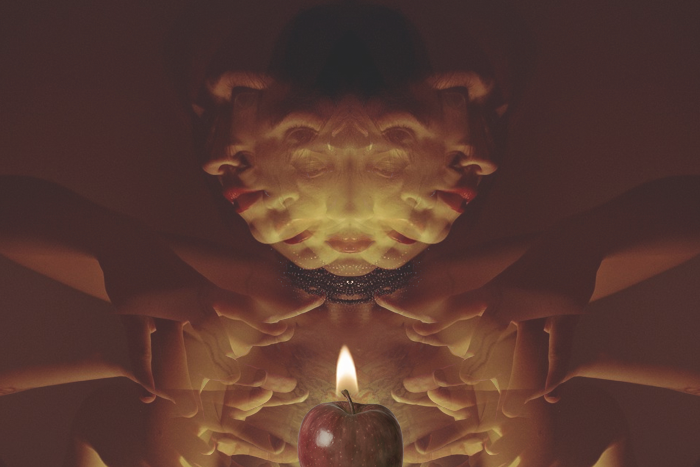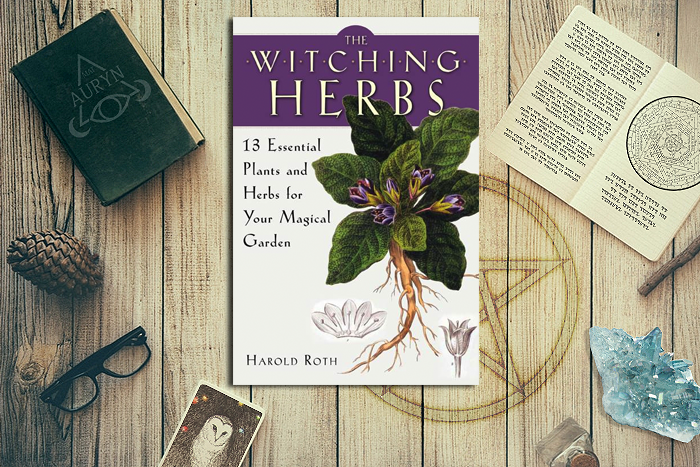Harold Roth of Alchemy Works is pretty well known amongst serious magickal practitioners as THE expert when it comes to plants. Known for not only his wisdom of plant magick, but also his knowledge when it comes to planting, growing, taking care of and harvesting plants. When I heard he was writing a book, I couldn’t wait to get my hands on it, because I knew it would be fantastic. As soon as you open the book you see the high praise of experts in the field of plant witchery such as Daniel Schulke, Christopher Penczak, Judika Illes, Ellen Evert Hopman, Jason Miller, Nicholaj De Mattos Frisvold and more. So that should be the very first indication that this book is going to be amazing, if Harold Roth’s name didn’t already sell you.
The Witching Herbs: 13 Essential Plants and Herbs for Your Magical Garden definitely does not disappoint. His explanation of the Doctrine of Signature and plant correspondences is perhaps the clearest and best that I’ve ever come across. Harold provides expert advice from planting seeds to working with the plant spirits themselves. The 13 plants were chosen in honor of the thirteen full moons of the year. Harold provides the lore, history, uses, formulas and recipes for these thirteen plants. These particular plants have a long history in witchcraft and magick – poppy, clary sage, yarrow, rue, hyssop, vervain, mugwort, wormwood, thornapple, wild tobacco, henbane, belladonna and mandrake.
I would definitely read this book once through cover to cover before using it as a reference book, since some of the information on caring for plants builds on information given in a previous chapter regarding another plant. The writing style is clear, concise and easy to follow. The content is the perfect blend of down to earth practical and fascinating esotericism. While there are several books on witchcraft and plants, do not kid yourself, there is information in this book that you will absolutely not find in any other book. Any witch who works with plants needs this book in their library.





